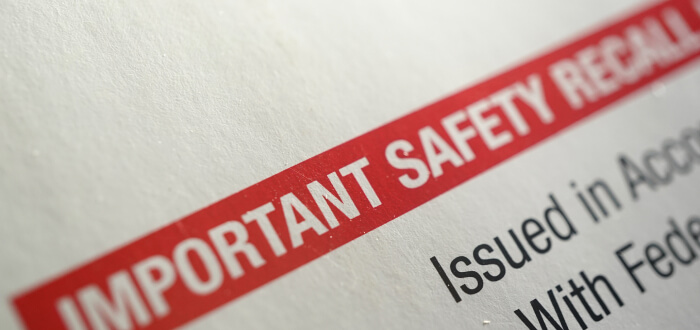Each year, millions of people are killed or injured in product-related accidents. According to the NSC, most product-related injuries involve everyday products often assumed to be safe. However, mass tort lawyers know that some of the injuries and deaths are the result of defective and dangerous products.
Tens of thousands of product liability lawsuits are filed each year. Therefore, thousands of corporations are forced to take responsibility for defective products that cause injuries and death. Because the law cannot undo the injuries and damages people sustain because of a dangerous product, corporate responsibility is in the form of monetary awards.
How Do Courts Enforce Corporate Responsibility in Product Liability Claims?
Businesses often complain about strict liability for defective products. Strict liability can hold a party liable for damages even though the party did not intend to injure someone. In some product liability cases, you can hold a corporation liable for strictly liable for damages without proving negligence. Strict liability requires that you prove a corporation was responsible for the defective product, the product caused your injury, and you sustained damages.
Some parties oppose strict liability in defective product cases because it is unfair to the corporation. They argue the company is liable for injuries they might not have been able to prevent. For example, in the Roundup lawsuits, Bayer claims that glyphosate is safe to use for its intended purpose. Therefore, if the consumer uses Roundup correctly, it should not cause harm. Furthermore, Bayer points to reports claiming glyphosate is not a carcinogenic.
However, scientific evidence supports the plaintiffs’ allegations that exposure to Roundup caused them to develop non-Hodgkin’s lymphoma. The IARC of the World Health Organization has maintained that glyphosate is a probable human carcinogen.
Each side presents their evidence at trial, and a jury decides. The jury sided with the plaintiff in the last jury trial of Roundup lawsuits. On November 17, 2023, the jury awarded the plaintiffs $61.2 million in compensatory damages and $1.5 billion in punitive damages.
Do Product Liability Lawsuits Change How Corporations Do Business?
Bayer announced a 5-point plan in May 2021 to close the Roundup litigation. The company stated it would:
- Seek a favorable ruling from the U.S. Supreme Court
- Continue to manage current cases
- Activate a claims program to manage future cases
- Promote a new safety study webpage
- Introduce new lawn and garden formulations
Unfortunately, only one of the five points focuses on eliminating glyphosate as an active ingredient in herbicides. The remaining four points focus on winning lawsuits and proving that glyphosate is safe for consumers to use.
Product liability awards can change how some companies do business. For example, a significant jury award in a product liability lawsuit could encourage a corporation to change its manufacturing process to eliminate the risk of contaminating a product. It could encourage a company to modify how they conduct testing on products before releasing a product on the market.
Punitive damages are one of the most powerful tools the law gives jurors and courts in product liability lawsuits. Punitive damages “punish” corporations for their conduct. The damages are used to discourage the behavior from being repeated and warn other companies that if they engage in similar behavior, they could face a similar penalty in court.
Contact Our Roundup Cancer Lawsuit Attorneys for a Free Consultation
Our mass torts attorneys will review your case free of charge and explain your legal option or filing a Roundup lawsuit. Reach out to our office today for your free case review to learn whether you qualify to file a Roundup lawsuit.

